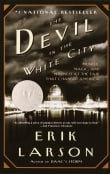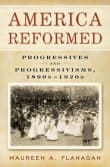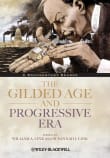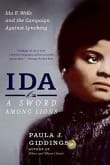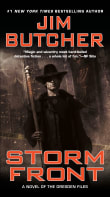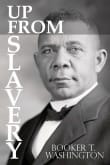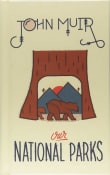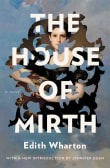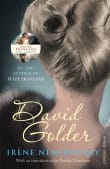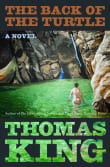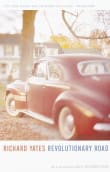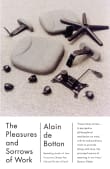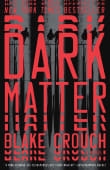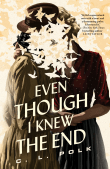The Jungle
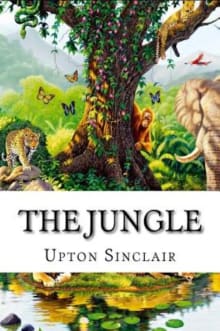
Book description
First serialized in a newspaper in 1905, The Jungle is a classic of American literature that led to the creation of food-safety standards.
While investigating the meatpacking industry in Chicago, author and novelist Upton Sinclair discovered the brutal conditions that immigrant families faced. While his original intention was to bring…
Why read it?
5 authors picked The Jungle as one of their favorite books. Why do they recommend it?

This book is really a call to action, and even today, it is hard to read this novel and not feel anger on behalf of Jurgis and Ona. Perhaps that is why I like this book so much. It is visceral. I get angry at money-grubbing management who care nothing about their employees.
I swore off meat for a while, disgusted with the factory conditions of the time. I mourn Jurgis and Ona's inability to achieve the American dream. In this book, I am brought into the Chicago immigrant experience at the turn of the 20th Century.
From Patrick's list on Chicago as a main character.

Jurgis Rudkus, the protagonist of Upton Sinclair’s 1906 novel The Jungle, is a Lithuanian immigrant who comes to Chicago at the turn of the 20th century to work in the city’s notorious meat-packing industry.
Described as a “very steady man” who “does not easily lose his temper,” Jurgis reminds me of my father, Jerry. Like Jurgis, my father’s solution to most of life’s problems is to just work harder, regardless of the personal consequences.
In the novel, Jurgis injures himself on the job and Sinclair captures not only his physical agony but the more formidable dread of not…
From David's list on working life.

Sinclair’s exposé on the meat packing industry, published in 1905, reads more like a manifesto than a work of fiction, and may have blown the lid off the exploitation of workers in America, giving birth to the trade union movement. In the fictional plant, survival of the fittest applies; you work faster and faster until you drop; then someone replaces you. One understands the fascination with socialism that arose from these conditions, until capitalism returned with a vengeance in the 1980’s, and the financial collapse of 2008 set workers rights back to those years of The Jungle. Humanity moves…
From Shane's list on exposing corporate, political, and personal corruption.
If you love The Jungle...

Theodore Roosevelt read this book in manuscript and didn’t much like it, but fully understood, as a good reader and adept politician, that it would cause trouble. The President thought Sinclair a ‘hysteric,’ and despised his socialism, still knowing the book would be a widely heralded bestseller about the meat packing industry in Chicago, and the melodramatic trials of the Lithuanian immigrants who worked there. We love the book because it makes compelling reading to this day. The furor of the public response to the sanitary conditions in the packing plants brought about the momentum that Roosevelt needed to…
From Thomas' list on Theodore Roosevelt read in the White House.

First published in 1906, this classic muckraking novel set in the stockyards of Chicago is an excellent introduction to the myriad problems of the Gilded Age, including vast corruption. The gripping story follows an immigrant family as their hopes for achieving the American Dream through hard work are slowly ground into bitterness and despair. Sinclair wrote The Jungle to promote socialism, but his descriptions of the meatpacking industry were so vivid and appalling that the book contributed instead to progressive reforms including the Meat Inspection Act. According to Sinclair, “I aimed at the public’s heart, and by accident hit it…
From Nancy's list on the Gilded Age and Progressive Era.
Want books like The Jungle?
Our community of 12,000+ authors has personally recommended 100 books like The Jungle.

